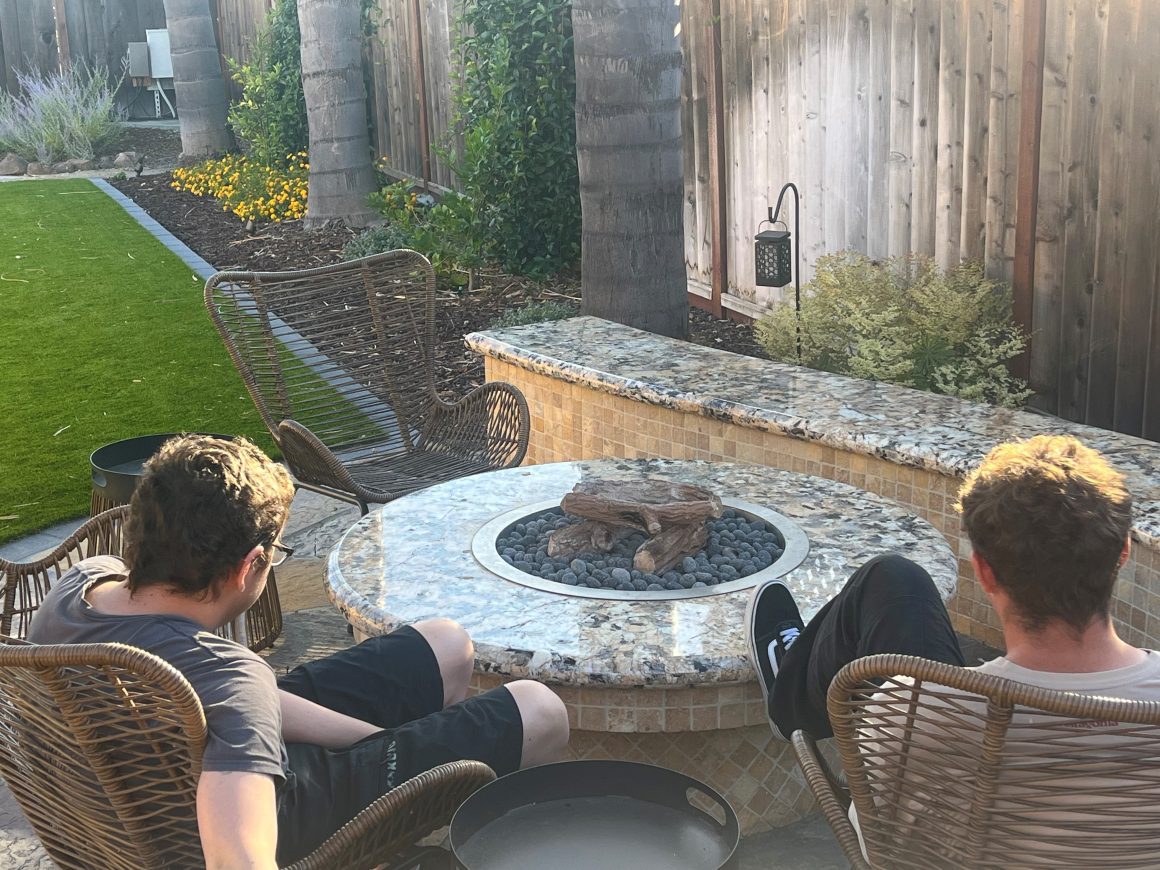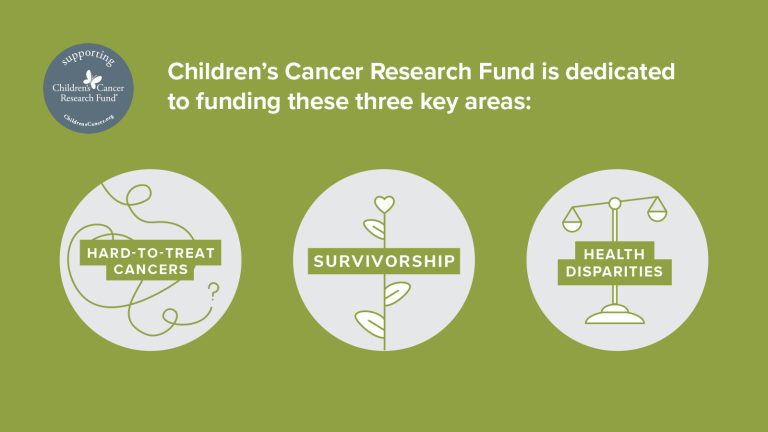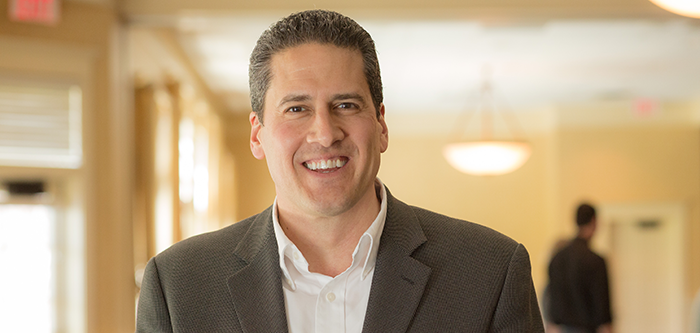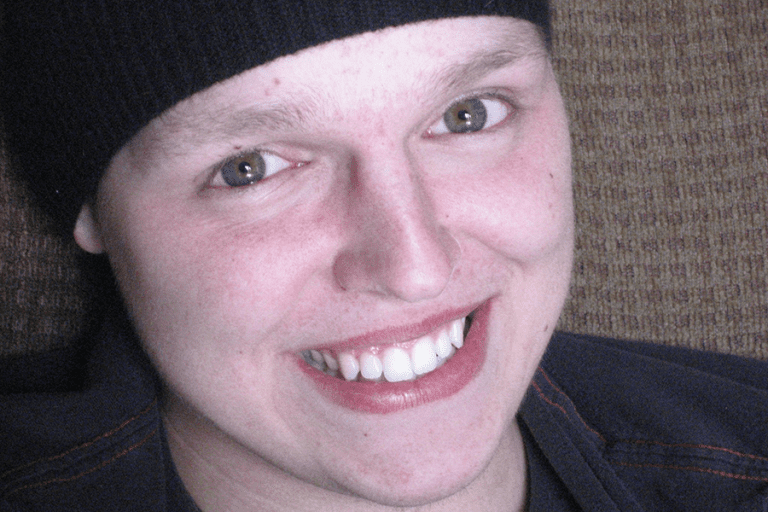Andrew's brother Joe was diagnosed with leukemia. After two relapses, Joe's doctors offered a new treatment option: an infusion of Andrew's stem cells. Andrew writes about the pressure that comes with potentially being his brother's cure - and the fear that he may not be.
I was 16 when my father brought me downstairs to explain why my brother and mother were not at the house. Not much is clear from that time, but I remember trying to hold in my tears, and as always, I failed. My dad held me in an embrace and said that my brother, Joe, had been diagnosed with leukemia.
I believe I left my cereal bowl half-empty on the table as we got into the car to go to school. More silent tears and horrendous thoughts louder than my teachers’ voices meant paying attention was impossible. Moving my body from seat to seat every hour, talking to my friends briefly about the news and going back to another classroom is a complete blur now. But to be fair, that’s mostly how my memory works.
I have a love-hate relationship with my memory and attention span. On one hand, I get distracted very easily, so I am generally good at forgetting important information and moving on to the next bit of information that seems shiny. On the flip side, well… you get the idea. This process forces me to put things off; out of mind, out of sight. If I’m not thinking about it, it’s not there, and I don’t have to feel anxious or whatever else.
I’d also always thought that I had a keen ability to quickly accept reality and move on, rationalizing traumatic experiences with a simple “It happens.” Living like this is easy, and it more than helps to get through hard times in moments of desperation, when all you can hold onto is one small thread of hope.
But looking back at this time, and then the initial relapse, and then the third time Joe got diagnosed with cancer, I never truly processed what was happening. Going to school meant I had a lot of distractions: sports, video games and work all occupied my mind. Good for the short term, but eventually you must face reality head-on.
I only blame myself for not at least trying a little harder to connect with my brother. A three-year age gap and roughly 26 miles now separated us most days, but it did not help that I barely went to hospital visits because I was scared. I have so much regret for not taking more time to connect with him, but I just couldn’t find the courage to face reality.
I consider the third time Joe was diagnosed to be a turning point — mostly because I was finally able to get involved (just kidding). Joe’s doctors told me that they could extract my T cells and turn them into the perfect therapy for Joe’s leukemia. They’d give me shots that would stimulate my bone marrow to over-produce T-cells, then take my blood through an IV in my arm, filter out the T cells for Joe, then put the blood back in through an IV in my other arm.
Learning that I could be Joe’s donor was gratifying, but it was also a tough pill to swallow. My mom would sometimes joke with me and my brother about how difficult it was for me to swallow pills, requiring applesauce to get Advil down most times. This was in comparison to my brother who essentially has a three-course meal of oral medication throughout the day.
I had difficulty accepting that after all this time, so many years of suffering, so many thousands of dollars and a thousand more tears shed, that I was suddenly going to be the cure. Could that really work How could it be that my DNA was the missing piece all this time?
I was confused about how this would work, so I put off thinking about it. A few days into my five-day course of shots to build up my T cells, it started to feel real, and I got cold feet. I thought about pulling out. It’s not like I was Joe’s last chance – one of my parents could have been his donor. I was just chosen because a younger donor slightly increased the odds of the transfusion working. I didn’t want to be a piece of the puzzle. In my head, I believed I would mess it up – that my cells wouldn’t be enough.
I was afraid to be the reason Joe would not get better.
So, instead of leaving it up to the transfusion, I figured I would just take myself out of the equation. The thought of being in some way responsible for what happened to Joe was too intimidating, and I wanted out. Ultimately, after talking with Joe’s doctors and some important people in my life, I decided to go through with the transfusion. Looking back, I think I was always going to do it – there was no question. But my brief doubt still makes me feel guilty.
Now, after many months and three rounds of treatment, Joe is in remission. Looking back, I realize I never sat down and took the chance to talk about what was really happening.
I got the explanation of what was biologically happening to my brother, but what about our relationship? Or his relationship with the outside world? Or how to internally accept what was happening while still keeping composure to get through life?
Even clearer than ever now is how incredibly important it is that talking with others about the significance of what is happening becomes a priority.
If I could give advice to another sibling, like me, who is faced with the opportunity to be part of their sibling’s cancer treatment, I’d say this: your feelings and thoughts about it matter. Talk about it with whoever you can – and ask questions that help you understand better what’s about to happen. It took talking to Joe’s doctors and my family for me to understand that no matter what happened, it wouldn’t be my fault if my cells weren’t a cure for Joe. You just have to try not to live in fear, to believe it will be okay in the end.
Most people today forget that we are not guaranteed tomorrow. Be grateful that you woke up today, and take every opportunity to help others realize the same thing.
Even if there's no question that you would be the donor, take time for yourself to understand what that means. Knowing why you are doing this gives you all the power you need.
Sharing Your Story is Powerful
Your story of childhood cancer is powerful - it can raise awareness for what is needed in the world of childhood cancer research and even encourage fundraising for vital research projects. See how your story can make an impact by filling out our Share Your Story form.




